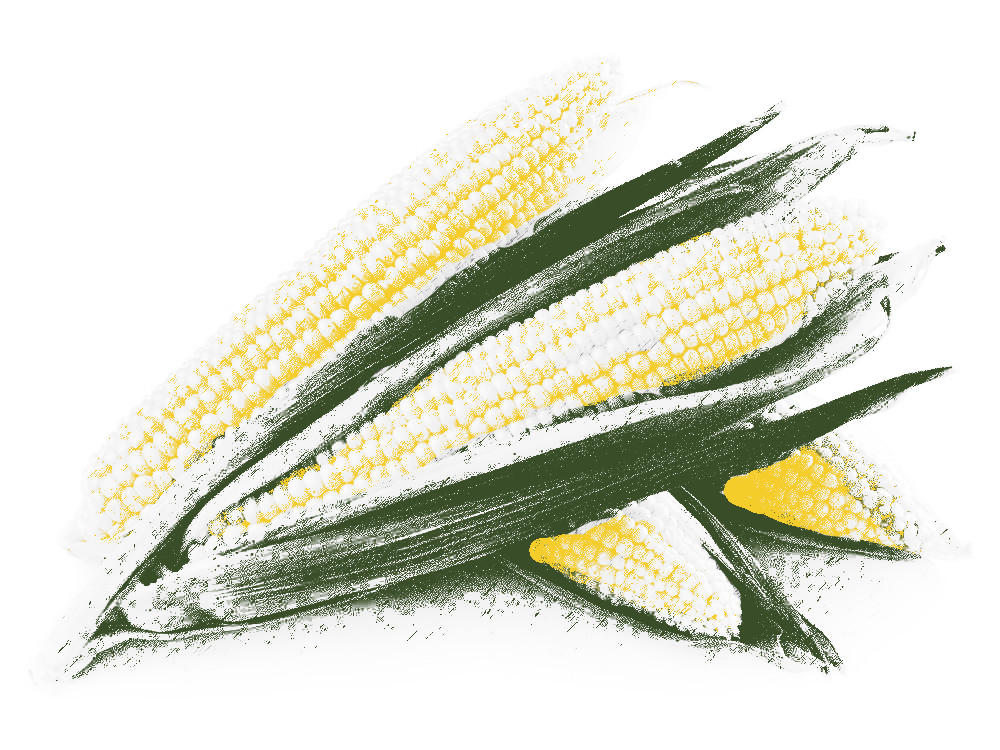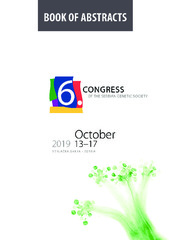Приказ основних података о документу
Herbicides impact on content of phenolic compounds in sweet maize
| dc.creator | Mesarović, Jelena | |
| dc.creator | Srdić, Jelena | |
| dc.creator | Mladenović Drinić, Snežana | |
| dc.creator | Simić, Milena | |
| dc.creator | Brankov, Milan | |
| dc.creator | Kresović, Branka | |
| dc.creator | Dragičević, Vesna | |
| dc.date.accessioned | 2022-11-22T12:45:39Z | |
| dc.date.available | 2022-11-22T12:45:39Z | |
| dc.date.issued | 2019 | |
| dc.identifier.isbn | 978-86-87109-15-5 | |
| dc.identifier.uri | http://rik.mrizp.rs/handle/123456789/1045 | |
| dc.description.abstract | Worldwide consumption of sweet maize, in the past ten years, is significantly increased. Such data indicate that phytochemicals content requires a higher attention in addition to yield. Popularizations of phenolic compounds become worldwide trend due to their benefits to human health. The usage of herbicides is widely present for weed control in sweet maize growing practices. In this study the influence of two herbicides, on the content of ferulic and cinnamic acid as well as on the total phenolic compounds (TPC) in three sweet maize hybrids during two vegetation seasons was evaluated. Meteorological conditions in 2016 were favorable for maize growing, opposite to 2017 which was a drier year. The variability of examined phytochemicals after applied herbicides was genotype-dependent and also influenced by growing seasons. Interestingly, for hybrids ZP355su and ZP553su, a higher content of ferulic acid was found in treatment with nicosulfuron in comparison to mesotrione. The same trend was noticed for cinnamic acid content in all tested hybrids. Opposite trend was achieved for ferulic acid content and TPC in ZP515su. Content of ferulic and cinnamic acid negatively correlated with the maize yield, opposite to TPC, for hybrid ZP355su. Positive correlation of TPC and cinnamic acid to maize yield was found in hybrid ZP515su emphasizing it as promising hybrid among all tested hybrids. Although relatively small number of hybrids was examined, the obtained data revealed a new potential of herbicide, i.e. the enrichment of health promoting compounds in sweet maize grain. | sr |
| dc.language.iso | en | sr |
| dc.publisher | Belgrade : Serbian genetic society | sr |
| dc.relation | info:eu-repo/grantAgreement/MESTD/Technological Development (TD or TR)/31068/RS// | sr |
| dc.relation | info:eu-repo/grantAgreement/MESTD/Technological Development (TD or TR)/31037/RS// | sr |
| dc.rights | openAccess | sr |
| dc.rights.uri | https://creativecommons.org/licenses/by/4.0/ | |
| dc.source | 6. Congress of the Serbian genetic society, Vrnjačka Banja, 13-17.10.2019. godine - Book of abstracts | sr |
| dc.subject | nicosulfuron | sr |
| dc.subject | mesotrione | sr |
| dc.subject | maize grain | sr |
| dc.subject | ferulic acid | sr |
| dc.title | Herbicides impact on content of phenolic compounds in sweet maize | sr |
| dc.type | conferenceObject | sr |
| dc.rights.license | BY | sr |
| dc.citation.spage | 233 | |
| dc.citation.epage | 233 | |
| dc.identifier.fulltext | http://rik.mrizp.rs/bitstream/id/5924/bitstream_5924.pdf | |
| dc.identifier.rcub | https://hdl.handle.net/21.15107/rcub_rik_1045 | |
| dc.type.version | publishedVersion | sr |


